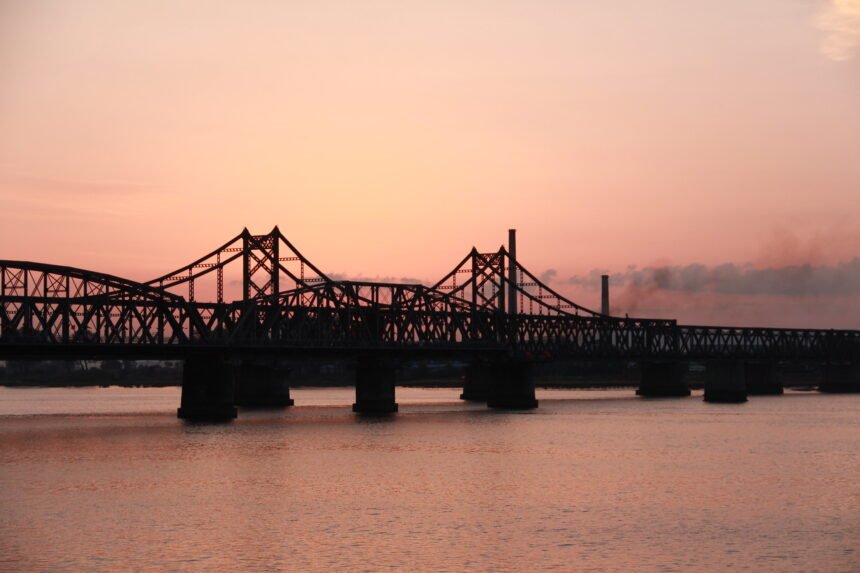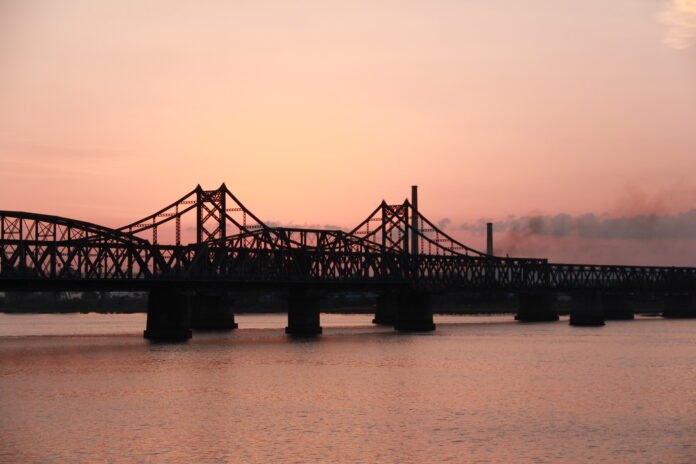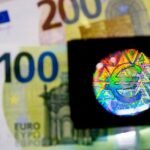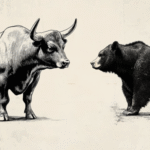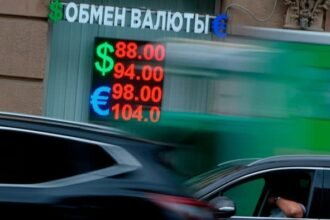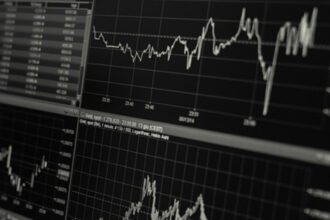North Korean trading representatives in China are facing unprecedented scrutiny as party officials from Pyongyang conduct extensive audits, further restricting their already constrained operations.
A source in China told Daily NK recently that auditors from Pyongyang had examined the financial records of trading representatives in China between July and early August.
The audit teams were dispatched from the Central Committee of the Workers’ Party of Korea and the cabinet’s Ministry of External Economic Relations.
Trading representatives in China expressed bewilderment at having their activities, progress on state-mandated quotas, and financial situations audited—apparently for the first time in recent memory.
The audits targeted trading representatives in major Chinese cities including Dandong, Shenyang, and Dalian, who oversee North Korea’s state import and export operations. These representatives typically handle substantial amounts of money in their business dealings.
Focus on financial accountability
The primary focus of the audit was determining whether trading representatives were using state-allocated funds for their intended purposes.
Auditors also investigated whether the representatives had transferred all required foreign currency to the state and assessed their ability to meet quotas for the second half of the year.
“In the trade business, export payments don’t always come through immediately, and when they do arrive, it’s often in goods rather than cash,” one trading representative complained after the audit. “It’s nearly impossible to track where money goes just by examining a trading company’s books. I don’t understand the point of all this.”
The representative added, “I assume they’re pressuring us to exceed our state quota for the second half of the year.”
Another trading representative offered a different interpretation: “If they’re sending officials all the way from Pyongyang to China just to audit trading companies’ books, it suggests the state’s foreign currency reserves are running dangerously low.”
The North Korean leadership may have ordered these audits to force the trade sector to compensate for foreign currency shortfalls as the regime prepares year-end financial settlements for the Eighth Party Congress and budget reviews for the upcoming Ninth Party Congress.
The government is demanding that trading companies exceed their state quotas—the amounts they must transfer to the government—during the second half of the year.
This pressure aligns with a recent Daily NK report that the trade management bureau of the Pyongyang People’s Committee gathered senior trading company managers in mid-August to announce increased state quotas for the second half of the year, making clear that these higher targets were non-negotiable.
Chilling effect on trade
The audit has created a paralyzing effect on North Korea-China trade operations. Trading representatives are scaling back their activities out of fear of being caught up in corruption investigations, the source explained.
“This audit has been a severe blow to trade representatives, who argue they’re already working extremely hard to fulfill government orders,” the source said. “They want to know how they’re supposed to do their jobs under such intense pressure. Some traders say they would have fled long ago if their families weren’t essentially being held hostage back in Pyongyang.”

